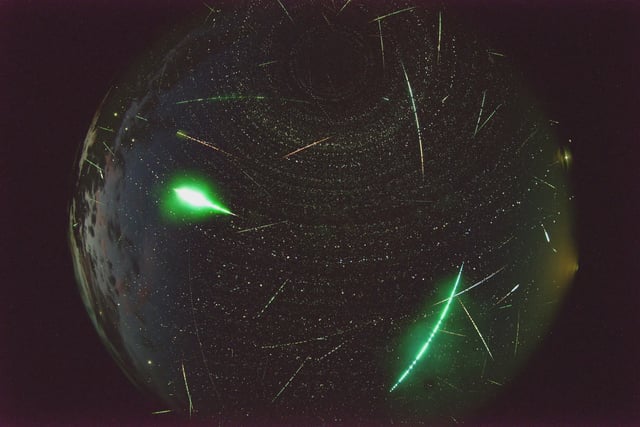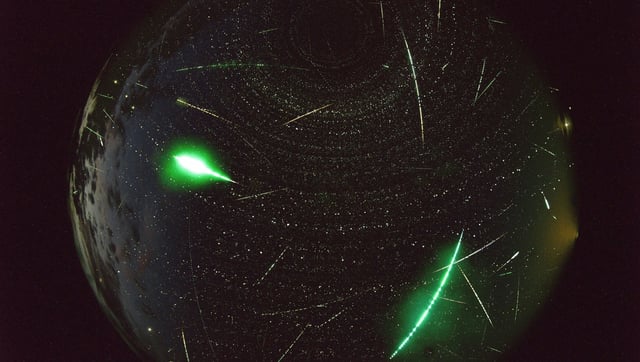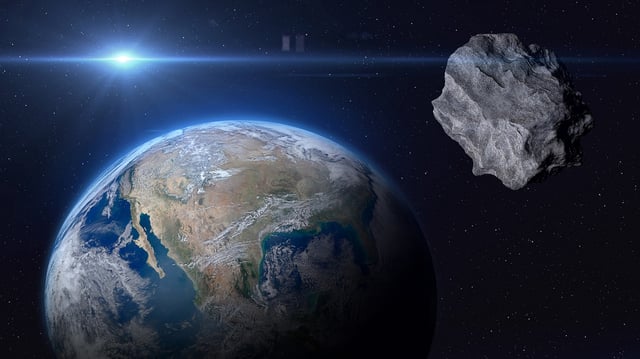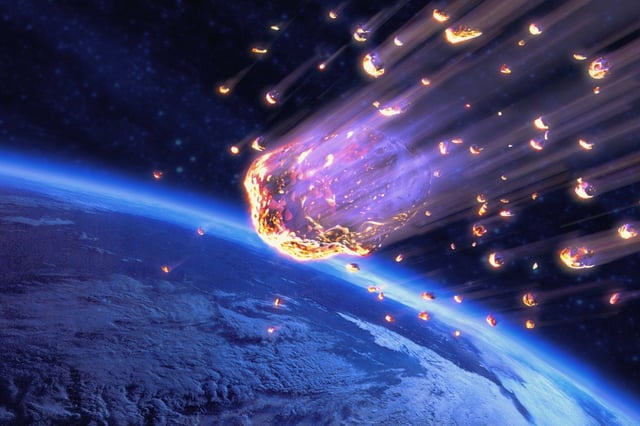Overview
- Carbon-rich meteorites, predicted to make up over 50% of meteoroids, account for only 4-5% of recovered meteorites on Earth, a long-standing scientific puzzle.
- The study published in Nature Astronomy shows that intense solar heating cracks and disintegrates fragile carbonaceous material during repeated close passes to the Sun.
- Only the most durable fragments of carbon-rich meteoroids survive both solar exposure and the destructive forces of atmospheric entry, creating a survival bias.
- Researchers analyzed nearly 8,000 meteoroid trajectories and 540 meteorite falls using data from 19 observation networks in 39 countries, making it the most comprehensive study of its kind.
- The findings have significant implications for understanding the early solar system, the delivery of water and organic molecules to Earth, and the origins of life's building blocks.



